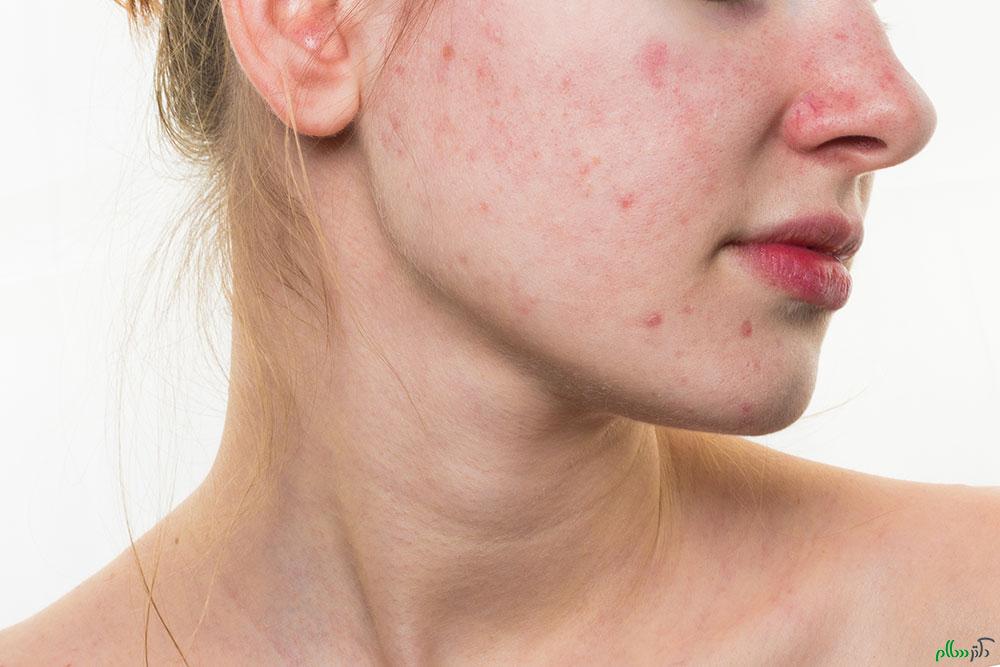Acne (Pimples) and Acne Treatment
Acne (Pimples) and Acne Treatment
Book Now
Acne (Pimples) and Acne Treatment
Acne is a skin condition characterized by inflammation of the sebaceous glands at the hair follicle. Acne (pimples) most commonly occurs during adolescence. It typically appears on the face, back, chest, arms, shoulders, and buttocks. Acne tends to be more severe in men than in women. Many individuals with severe acne have a family history of the condition. In female patients, if acne is accompanied by male-pattern hair growth or irregular menstrual cycles, hormonal tests should be conducted.
Factors that Increase the Tendency for Acne:
- Medications: Lithium, glucocorticoids, oral contraceptives, iodides, androgens, danazol.
- Stress
- Excessive or improper use of cosmetics
How is Acne Treated? The most important factors in acne treatment are the patient’s age, the type of acne, and its distribution. If acne is widespread on the body, or has turned into cystic acne, topical creams may not be sufficient, and oral antibiotics or special vitamin A medications should be prescribed.
What Happens if Acne is Left Untreated?
If acne is not treated, there is a high risk of scarring, which can be aesthetically concerning.
What to Consider in Acne Treatment:
The face should be washed 1-2 times a day with a mild cleanser. To reduce the dryness and irritation caused by acne medications, an oil-free moisturizer should be used after cleaning the skin in the evening.
What Should Not Be Used in Acne Treatment?
Oily cosmetics, greasy creams, and oily sunscreens should be avoided.
Can Acne Recur After Treatment?
Acne may recur after treatment, especially in individuals with oily skin. Using the right cosmetic products that balance skin oil can reduce the risk of acne flare-ups.
Is it Right to Squeeze Pimples?
Squeezing pimples is not advisable, as it can extend the healing time and lead to scarring, even for pimples that could have healed with simple treatment.
Is it Possible to Get Rid of Acne Scars?
If acne is not treated promptly and properly, it can leave scars. Deep, inflamed pimples (such as cystic acne) tend to leave more scars. Treatments for acne scars may include laser therapy, gold needle treatment, peeling, exfoliating creams, dermaroller, or dermapen therapy.
Cosmetic Use for Acne-Prone Skin:
Using inappropriate cosmetics can lead to the development of acne, worsen existing acne, or cause allergic reactions. Therefore, cosmetic product selection is very important for acne-prone skin. Mineral-based concealers, eyeshadows, foundations, and powders should be used on acne-prone skin.
Make an Appointment
The best way to enjoy a treatment at our salon is to book an appointment with the desired esthetician. Fill in the form below and we will contact you to discuss your appointment.